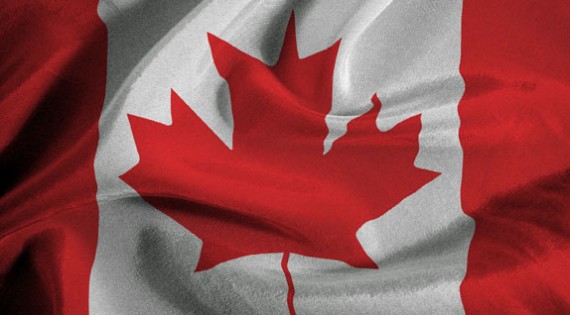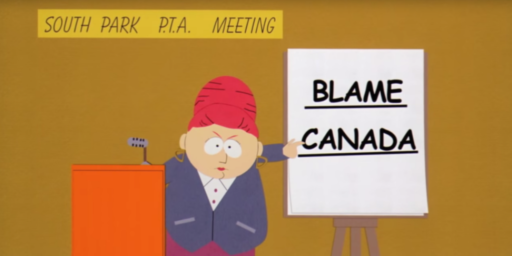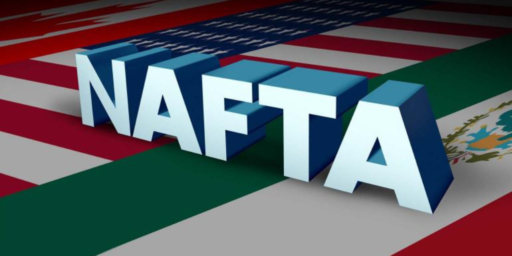Why Did Canada Avoid The Worst Of The 2008 Financial Crisis?
Barry Ritholtz passes along this interesting article examining the reasons why Canada was able to avoid the worst effects of the 2008 financial crisis. It isn’t necessarily what you might expect, the Canadian and American banking systems share many similarities, for example, and there isn’t substantially more regulation of banking in Canada than there is here. There are crucial differences, though, most of them rooted in the history of how the two banking systems evolved. And, of course, the different political structures in the country played a role.
Rather than trying to excerpt the report, which is only four pages long, I’ve embedded it below.







I don’t recall who said it, but a short version from 2009, ‘Banking in Canada is still boring.’
The great Libertarian state of Texas also didn’t suffer that much because it had the toughest restrictions on home loans in the country.
I posted on this subject years ago, Doug. It boils down to the differences in banking and in home mortgage financing in the two countries. Canada is much more conservative, particularly in home mortgage financing.
@Ron Beasley: “The great Libertarian state of Texas also didn’t suffer that much because it had the toughest restrictions on home loans in the country. ”
After having been Ground Zero of the S&L crisis. At least they learn from getting burned.
BTW, f*ck motherf*cking Scribd. Somebody invented a website just to f*ck with people who wanted to read and print stuff?!?!?
Ahem, Krugman -Doug’s favorite economist:-)- wrote on this several years ago. Even he thinks that Canada might be looking at a housing crisis soon
Krugman’s running against history, thought. As the article above notes, Canada has had zero bank crises in the last two centuries. Their argument is that this is because Canada has fewer banks and they are regulated by a single authority. I think there is something to that in that no one is overseeing all the crap our banks do.
Living in Canada, I’ll note that quite a few Canadian analysts, including some working with the major banks, have stated concerns about current Canadian house prices. Not too many Canadians are feeling smug about having missed the worst of 2008, the feeling is that it might still be coming.
On the plus side, the 2008 crash in the US ended most of pressure the big Canadian banks were putting on the gov’t to loosen Canadian banking restrictions; at this point they’re just trying to make sure more restrictions aren’t added.
Repeat after me:
A strong and vigilant regulatory state is essential to capitalism’s success.
A strong and vigilant regulatory state is essential to capitalism’s success.
A strong and vigilant regulatory state is essential to capitalism’s success.
A strong and vigilant regulatory state is essential to capitalism’s success.
@C. Clavin: Decades ago J. K. Galbraith wrote about “countervailing power”. He said the only institutions strong enough to oppose big corporations were big unions and the government. They’ve pretty well succeeded at killing big unions and they’re well along in their project to neuter the government.
@gVOR08:
Guys like the Koch brothers have bought the Government.
Short version: Canada banking is the least Libertarian in practice and therefore much less susceptible to crisis and chaos. Sounds about right.